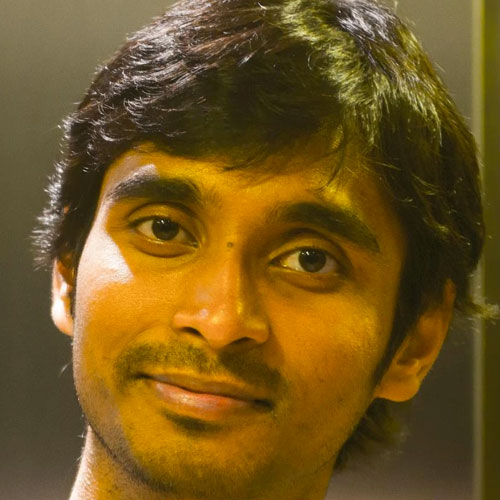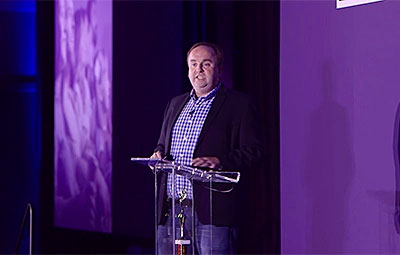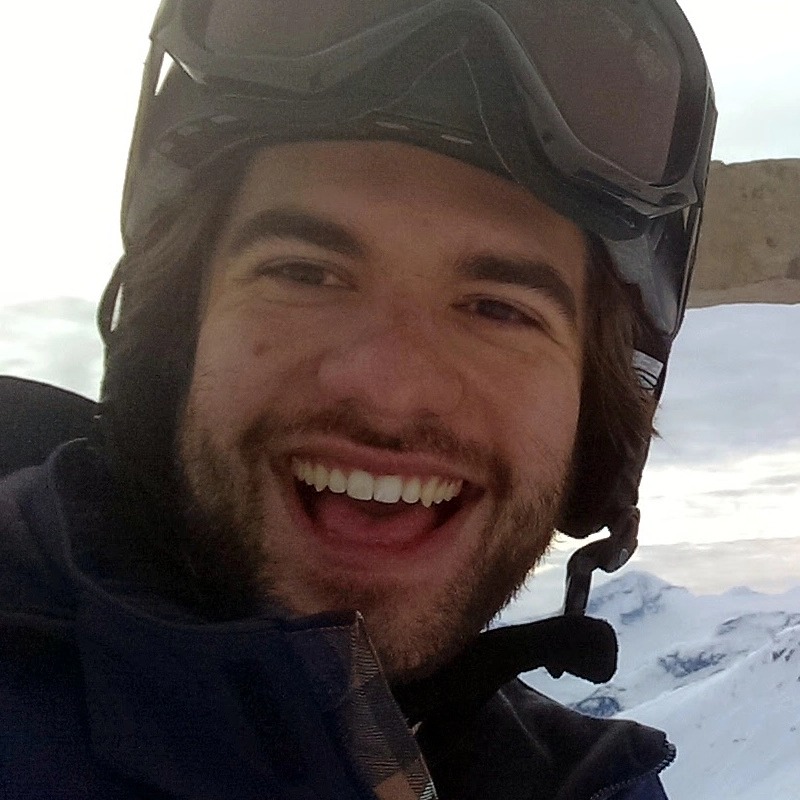EVENT AGENDA
Event times below are displayed in PT.

Scaling video isn’t easy. As companies work to seamlessly serve ever-increasing amounts of data for video and VR, engineers gathered at Video @Scale in January 2016 to hear about new encoding technologies, high dynamic range video, how AI is working to understand video, and how to scale a live sporting event to the size of a TV audience. Presentations from Akamai, Facebook, Netflix, Yahoo, and YouTube are below.
Event times below are displayed in PT.
In its role delivering content for a vast number of customers, Akamai sits in a unique position to observe the biggest challenges in continuing to scale video delivery systems into the future. Having lived with TCP since 1974 as our primary mechanism for reliable message delivery, the time is now to design and deploy systems that meet the specific needs of our video platforms. This talk will cover ongoing R&D and production deployment results as Akamai works to replace TCP to provide secure protocol acceleration, multicast, and peer-to-peer enabled protocols.

Manohar Paluri, a research lead on the Facebook AI Research and Applied Machine Learning teams, describes various AI efforts to understand the semantics of videos.

Omer Luzzatti, senior director of Yahoo video platform, talks about the challenges and approaches to live-streaming a regular season NFL game, the largest free live-streaming event in US sports history.

Facebook engineering manager Mike Coward describes how machine learning is applied to encode scenes individually at the highest possible quality while minimizing data consumption.

Research scientist Qi Huang introduces Facebook’s new Streaming Video Engine, which enables distributed encoding at scale.

YouTube’s Steven Robertson delivers a practical talk to the Video @Scale audience that goes over everything you need to start playing with high dynamic range video, from creation to consumption.

Facebook software engineers David Pio and Evgeny Kuzyakov detail the transformations and optimizations applied to make high-quality 360 video encoding and streaming possible at scale.


Facebook’s Bhavana Radhakrishnan speaks at Video @Scale about the broadcast and playback media streaming protocols that provide the ability for people to share live video on Facebook.

Peter Knowles talks about the general architecture of Facebook’s Live Video infrastructure, with a focus on the network and caching topology required to implement such a massively scalable live video streaming system.

David Ronca, director of encoding technologies at Netflix, describes the Complexity-Based Encoding model, which algorithmically determines the best video encoding recipe for a given title.











